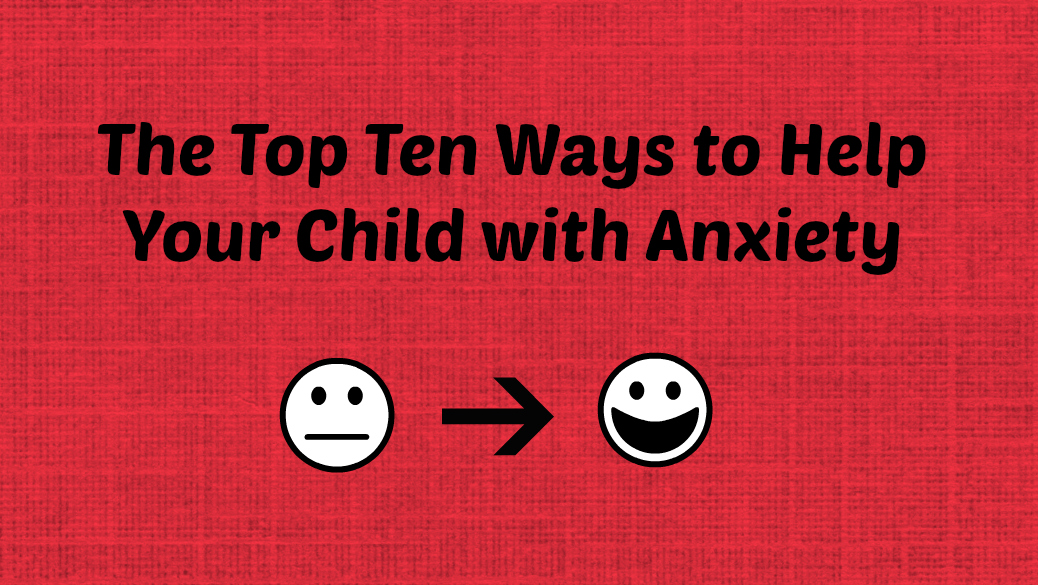-
Should I Take My Child to a Psychologist? Part Two
It can be extremely valuable to have answers to questions about your child’s psychological functioning, as discussed in my previous post. But what do you do after this step? You know what’s wrong, so how do you fix it? Or what do you do if your child is having problems, and you’re more interested in getting help than in getting testing? The answer is that therapy can help with each of these! Engaging in therapy with a psychologist can be really helpful for some people.
Part Two of this series is about knowing if your child may benefit from therapy with a psychologist. So here are some red flags. If you answer “yes” to any of these, I would consider taking your child to a psychologist for therapy:
- Does your child have a psychological diagnosis such as depression, anxiety, OCD, or an autism-spectrum disorder? Therapy is very important in helping your child function or recover.
- Do you feel like you’ve tried everything to improve your child’s behavior and it’s not working?
- Does your child appear sad, angry, or worried most days?
- Do they have trouble sleeping? Or do they appear tired most the time?
- Have they lost interest or pleasure in daily life–in things they used to enjoy?
- Does your child have a lot of conflict with family or peers?
- Have they had a traumatic experience they are trying to cope with?
- Does your family have relational problems or difficulty communicating?
- Do you need help understanding how to best parent your child?
If you responded yes to any of these, I’d encourage you to consider scheduling an appointment with a psychologist.
What do you think about these? Is there anything surprising to you? Are there any red flags I forgot to add?













Do not Levitra pen ebay Buy cialis x pills online usa Medical uses for viagra Viagra ohne rezept online .